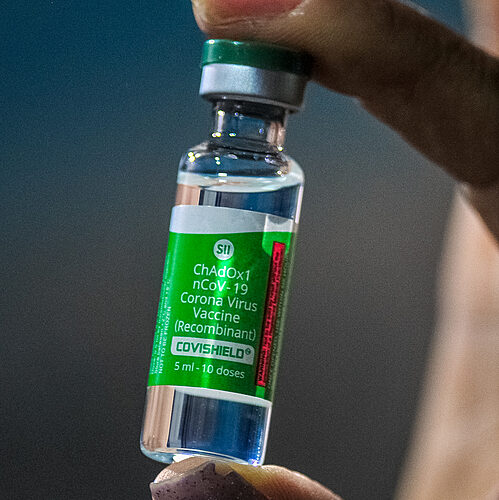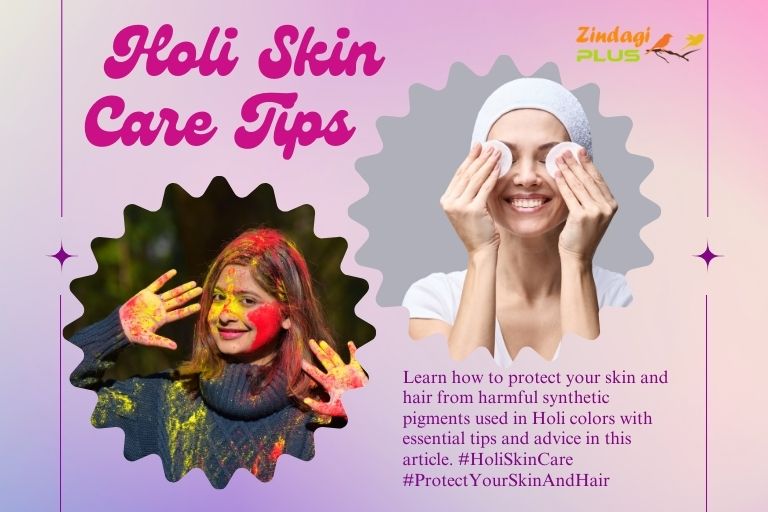Hair Loss is a common concern for many individuals, impacting self-esteem and confidence. In this comprehensive guide, we will delve into the various factors contributing to hair loss and explore effective solutions to address this issue.
Introduction
Hair loss, often referred to as alopecia, can be caused by a combination of genetic, hormonal, medical, and lifestyle factors. Understanding the root causes is essential to finding suitable treatments and preventive measures.
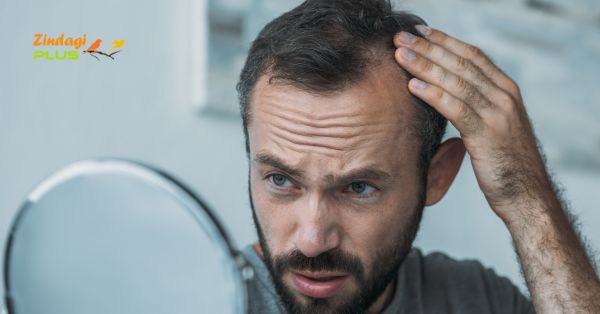
Understanding the Causes of Hair Loss
Genetic Factors and Male Pattern Baldness
One of the most prevalent causes of hair loss in both men and women is genetics. Male Pattern Baldness is the leading contributor to hair loss in men. Despite various tips and treatments, male pattern baldness, scientifically known as androgenetic alopecia, remains a significant contributor to hair loss in men. It presents as hair thinning in an M-shaped pattern, with receding hairlines at the temples. This type of hair loss progresses gradually and is influenced by a combination of male hormones and genetic factors. While genetics play a significant role, other factors can exacerbate this condition. Treatment options include topical solutions like Rogaine, oral medications, and surgical procedures such as hair transplants and grafting.
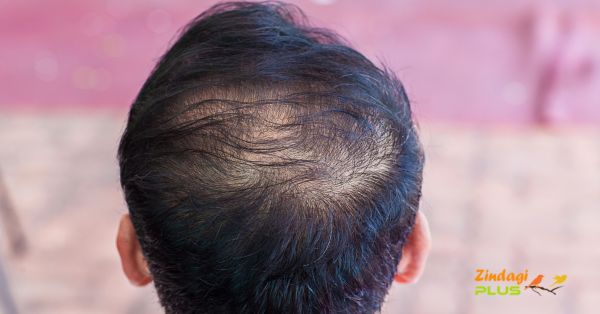
Hormonal Changes
Hormonal fluctuations can also contribute to hair loss. In women, conditions such as PCOS (Polycystic Ovary Syndrome) and menopause can lead to increased hair shedding. In men, an excess of dihydrotestosterone (DHT), a hormone derived from testosterone, can cause hair follicles to shrink, resulting in hair loss.
Medical Conditions
Certain medical conditions and treatments can lead to hair loss. Autoimmune disorders like alopecia areata cause the immune system to attack hair follicles, leading to bald patches. These include anti-thyroid drugs, hormonal therapies, anti-convulsants for epilepsy, beta-blockers, and more. These medications often induce telogen effluvium, as mentioned in point 5. It’s crucial to be aware of potential side effects and consult a healthcare professional if you suspect your medication is affecting your hair. Additionally, chemotherapy, a common cancer treatment, often results in temporary hair loss.
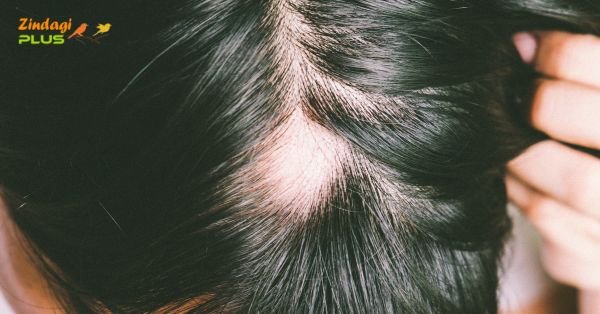
Lifestyle Problem
Stress-Related Hair Loss
Stress can take a toll on your body, and one of its manifestations is hair loss. Any form of physical trauma, be it surgery, accidents, severe illnesses, or even seemingly harmless illnesses like the flu, can trigger a condition called telogen effluvium. Our hair goes through a programmed life cycle, including growth, rest, and shedding phases. Stressful events disrupt this cycle, leading to more hair entering the shedding phase. Managing stress through relaxation techniques and meditation can help mitigate its effects on hair.
Trichotillomania: The Urge to Pull
Trichotillomania, though a tongue-twister, is a condition characterized by an irresistible urge to pluck or pull hair from the scalp or other parts of the body. This impulsive behavior, if left uncontrolled, can lead to permanent hair loss in the affected areas. While children often outgrow this habit, adults struggling with trichotillomania should seek assistance from a psychiatrist to address this compulsion.
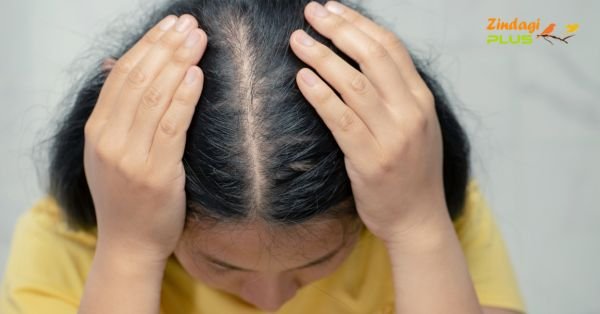
Rapid Weight Loss and Hair Thinning
Dramatic weight loss can act as a physical trauma that results in hair thinning. Sudden weight loss can stress your body or cause vitamin and mineral deficiencies due to inadequate nutrition. Maintaining a healthy lifestyle with a balanced diet can help your body adapt over time, eventually restoring the hair cycle to its normal state.
Diet and Nutrition
A balanced diet rich in essential nutrients like vitamins, minerals, and protein is crucial for healthy hair. Nutrient deficiencies can weaken hair strands, leading to increased hair loss.

Hair Care Practices
Aggressive hair care routines, including excessive brushing, tight hairstyles, and heat styling, can damage hair and contribute to hair loss. Opting for gentler care practices can prevent further damage.
The Importance of Gentle Hair Care
Proper hair care is crucial for maintaining healthy locks. Vigorous combing and aggressive hair drying can cause significant damage. To protect your hair, opt for gentler methods. Use your hands and fingertips to style and detangle your hair, especially if it’s shorter. If you’re concerned about thinning or bald patches, consider a stylish crop or buzz cut to boost your confidence while preserving your hair’s health

Beware of Tight Hairstyles
While this issue predominantly affects women, it’s essential knowledge for everyone. Sporting tight braids, cornrows, dreadlocks, or tightly pulled-back hairstyles like ponytails or buns can contribute to hair loss. This condition, known as traction alopecia, involves gradual hair loss, often occurring along the hairline due to constant hair pulling. You can still enjoy buns and ponytails; just ensure they are not excessively tight.
In conclusion, understanding the root causes of hair loss is the first step towards prevention and effective management.
Treatment Options for Hair Loss
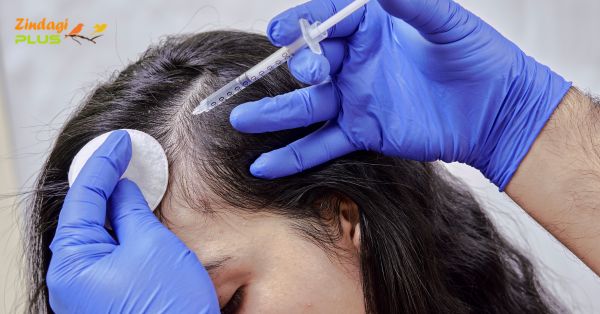
Medications
Several medications are available to treat hair loss. Minoxidil, commonly known as Rogaine, is a topical solution that can promote hair growth. Prescription medications like finasteride can also be effective, but they may have side effects.
Hair Transplants
For those seeking a more permanent solution, hair transplant surgery is an option. This procedure involves moving hair follicles from one part of the body to the scalp. It’s essential to consult with a qualified surgeon for this option.
Laser Therapy
Low-level laser therapy (LLLT) is a non-invasive treatment that can stimulate hair follicles and promote hair growth. It’s a safe and painless option for those seeking hair restoration.
Prevention and Maintenance

Proper Hair Care
Preventing hair loss starts with proper hair care. Avoid excessive heat styling, tight hairstyles, and harsh brushing. Use gentle hair products and consider scalp massages to improve blood circulation.
Stress Management
Effective stress management techniques, such as yoga, meditation, or counseling, can help reduce the impact of stress-related hair loss.
Balanced Diet
A balanced diet rich in iron, biotin, vitamin D, and other essential nutrients can promote healthy hair growth. Consider dietary supplements if necessary.
Conclusion
Hair loss can be a distressing experience, but understanding its causes and available solutions can empower individuals to take control. Whether through medications, surgery, or lifestyle changes, addressing hair loss is possible, leading to improved self-confidence and well-being.
Also Read: WHY RO Water is Harmful???

FAQs (Frequently Asked Questions)
1. Can hair loss be reversed?
- Hair loss can often be halted or with the right treatments. Consult with a healthcare professional for personalized recommendations. Reversing is possible only in young people with consistent treatment and efforts.
2. Are there natural remedies for hair loss?
- Some natural remedies, like essential oils and scalp massages, may help promote hair growth, but results vary.
3. How long does it take for hair to grow back after treatment?
- The regrowth timeline varies depending on the treatment and the individual. It may take several months to see significant improvement. Young People have faster growth while older people have slower one.
4. Can a poor diet cause hair loss?
- Yes, a diet lacking essential nutrients can contribute to hair loss. A balanced diet is essential for healthy hair.
5. Is hair loss more common in men or women?
- Hair loss affects both men and women, but the causes and patterns can differ between the genders.








